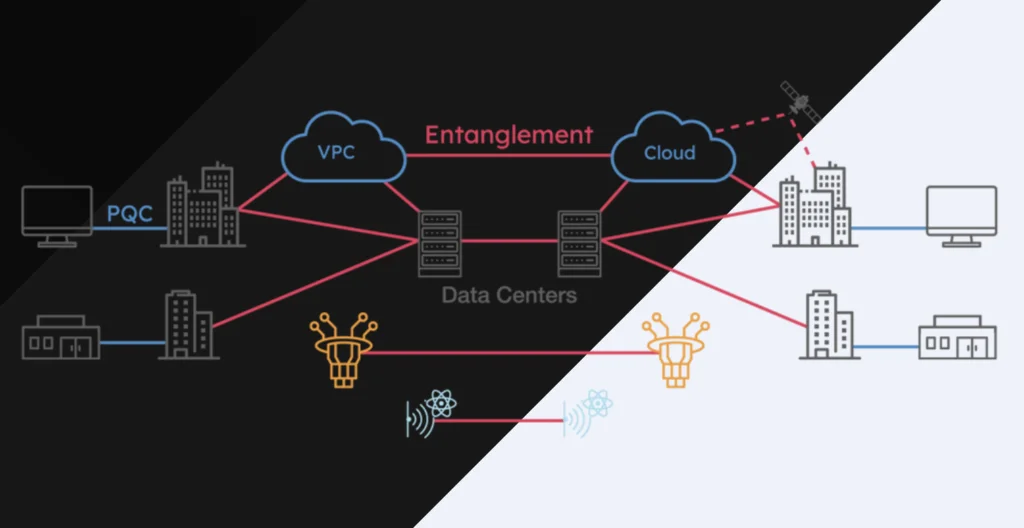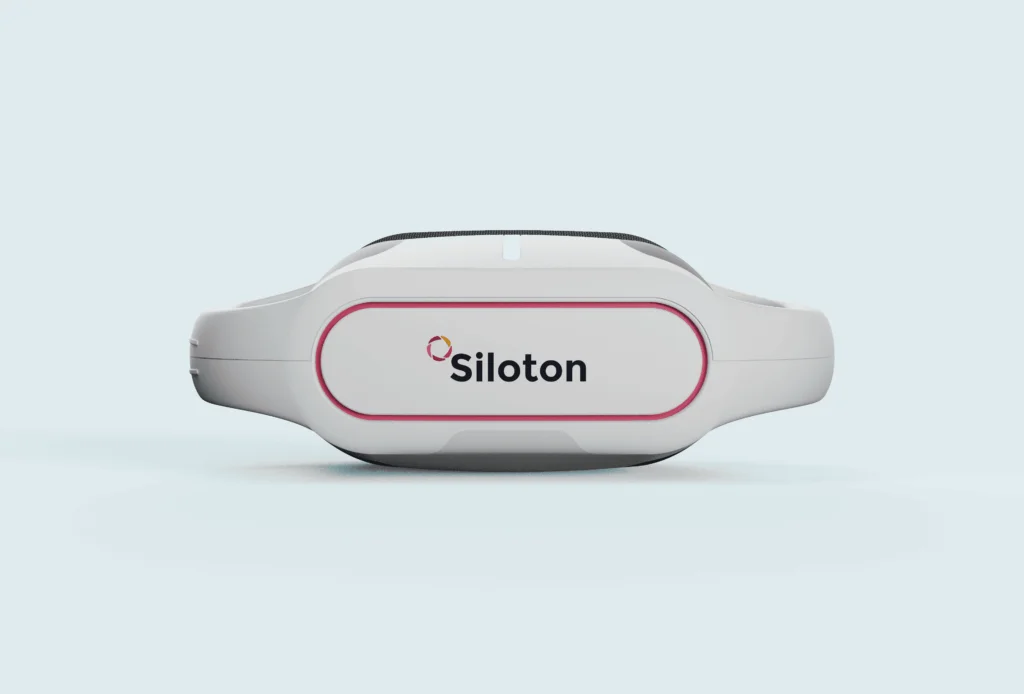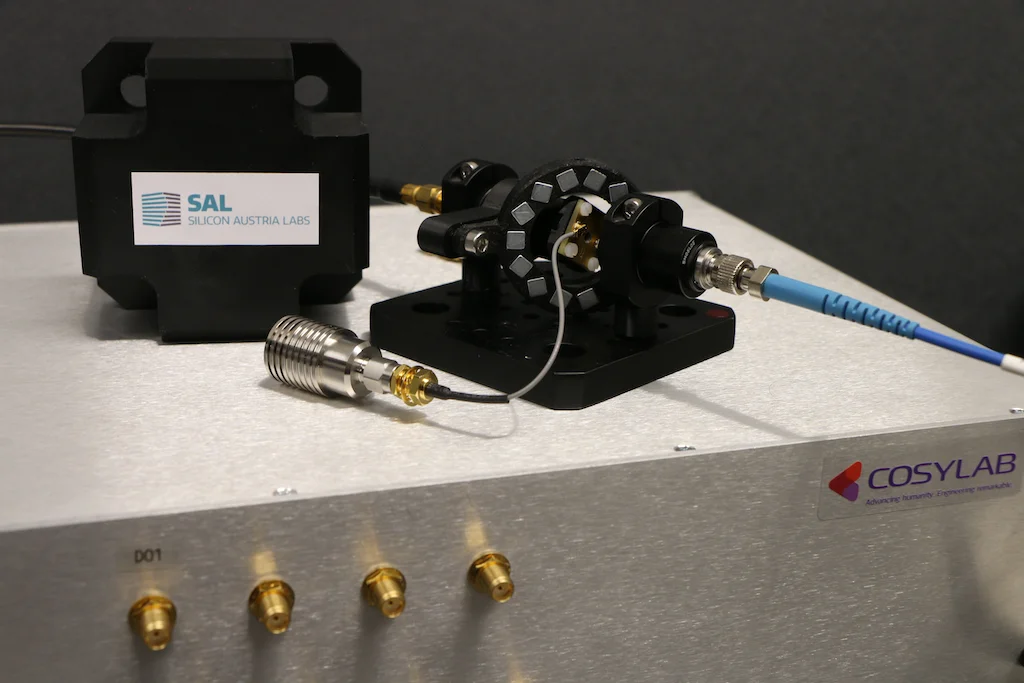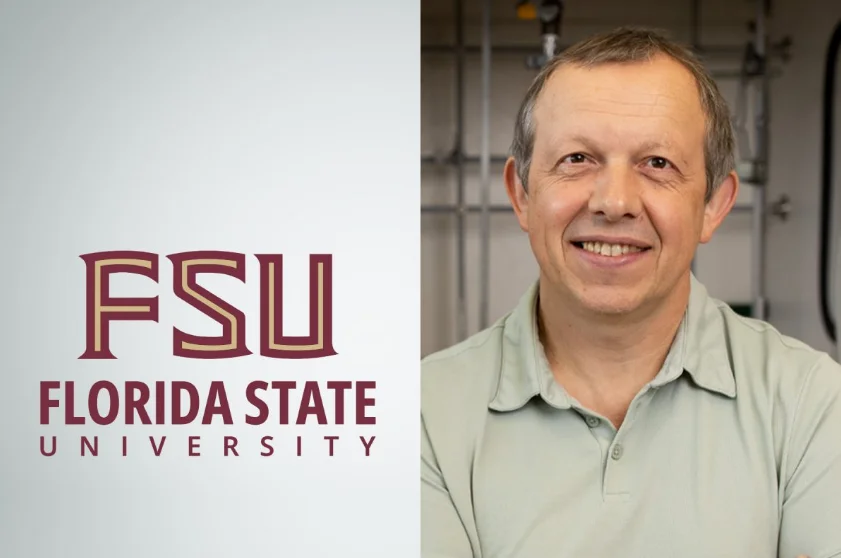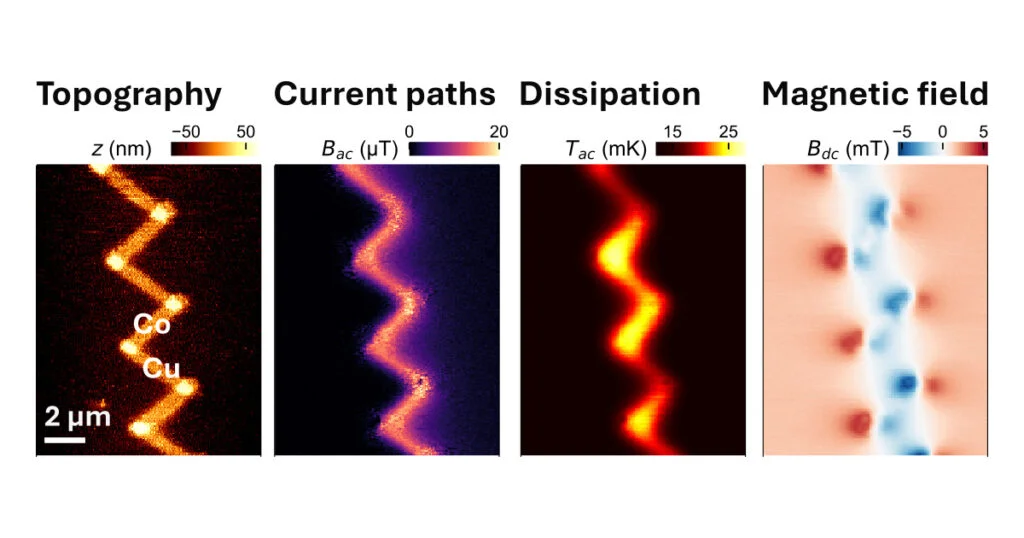Insider Brief
- Quantum computing remains a research endeavor, and classical computers will continue to outperform them for the foreseeable future, according to Nobel laureate Frank Wilczek.
- Google’s Willow chip demonstrates quantum advantage in select mathematical problems and achieves limited error correction improvements but does not signal a practical breakthrough.
- Despite long-term potential, quantum computers face significant challenges in reliability, scalability, and usefulness, making them unlikely to replace classical systems soon.
- Image: Google Quantum AI
As the predictions on when quantum will become practical continue to roll in, you can now add a Nobel laureate to the list.
Quantum computing remains a research project rather than a practical tool, according to Nobel laureate Frank Wilczek, in a piece written for the South China Morning Post. While Google’s Willow chip represents an incremental step forward, he adds that classical computers will remain superior for the foreseeable future.
Wilczek offers this as a reality check on the often lofty claims surrounding quantum computing. While the field continues to advance, quantum computers still struggle with reliability, scale and practical applications beyond specialized tasks.

Google’s Willow chip, unveiled in December, demonstrates quantum advantage in specific mathematical problems but falls short of being a game-changer, according to Wilczek.
What Quantum Computers Can — and Can’t — Do
Quantum computers operate differently from conventional machines. While classical computers process data in binary — ones and zeroes — quantum computers use “qubits,” which can exist in multiple probabilistic states due to a phenomenon called superposition. This gives them the theoretical power to process vast amounts of information in parallel, making them potentially transformative for certain calculations.
However, the complexity of quantum states is both a strength and a challenge. Quantum systems are fragile and prone to errors. Google’s Willow chip, with 105 qubits, improves upon previous designs, but Wilczek cautions that it remains a research experiment rather than a practical tool.
“The good news is that because their states are much more complex, quantum computers can represent information much more densely,” Wilczek writes in the piece. “The bad news is that because their states are much more complex, quantum computers are much more prone to malfunction.”
Google’s Willow Chip: Progress, Not a Revolution
Willow’s primary achievement lies in two areas: demonstrating quantum advantage and improving error correction. Quantum advantage refers to solving problems that classical computers cannot complete within a reasonable timeframe. One such problem is boson sampling — a statistical distribution challenge that Willow can solve exponentially faster than even the most powerful supercomputers. However, the practical significance of boson sampling remains limited.
“It is a fantastic victory for ‘quantum advantage,’ but it resembles a version of archery where you draw the bullseye around where your arrow landed,” Wilczek said, as reported in South China Morning Post.
Error correction is another critical hurdle in quantum computing. Qubits are notoriously unstable, and noise can disrupt calculations. Willow’s error correction techniques show progress by maintaining qubit accuracy for longer durations. However, Wilczek points out that this is still a far cry from achieving useful, large-scale quantum computing.
Before Willow, that goal had never been achieved. Willow showed that it could maintain the accuracy of a qubit for a longer time with error correction than without it. This is a milestone achievement, but it is very limited – to do useful calculations, we will need not only to maintain data but to process it, and do that on a large scale.
The Long Road Ahead
Despite the theoretical promise of quantum computing, Wilczek remains skeptical about its immediate impact. While Google’s innovations are significant, they do not indicate an imminent replacement of classical computing.
“Willow is — and quantum computation in general, for the foreseeable future, will be — a research project. For all practical purposes, conventional computers remain far superior,” Wilczek writes.
Quantum computers have the latent capacity to unlock breakthroughs in fields such as chemistry, biochemistry and materials science. Richard Feynman, one of the pioneers of quantum computing, envisioned using these machines to simulate nature at the quantum level. However, Wilczek argues that current technology is far from achieving this vision.
“As envisaged by Feynman, quantum computers will be able to deliver on the promise of Dirac’s realisation,” Wilczek writes. “Chemistry, biochemistry and the design of materials could become like modern architecture and aircraft design: domains where we can try out and refine our ideas in virtual reality, by computation, as an important supplement to the slow, troublesome and sometimes dangerous processes of real-world experimentation. Thus, the long-term promise of quantum computers is glorious. However — contrary to the impression one could take away from accompanying press releases — Willow is only one more step on a long, challenging path towards meeting that promise.”
The Bottom Line
Wilczek suggests the debate needs more nuance and perspective and reminds the reader that despite progress, quantum computers will require more work, more research — and more patience.
“If you are tempted to call it a quantum leap, keep in mind that real quantum leaps are usually quite small,” he writes








